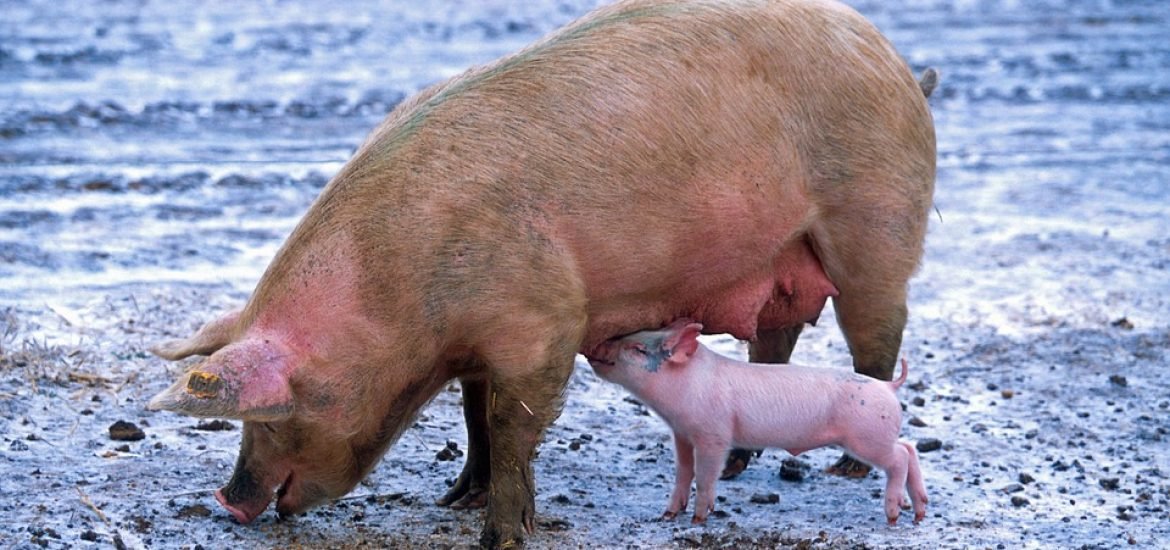
Brussels will make the case for financial compensation to a World Trade Organisation arbitration panel after the trade regulator ruled the bacon ban was politically motivated and therefore illegal.
Heightened tensions between Russia and the West over Ukraine prompted Russian president Vladimir Putin to sign a decree (decision No. 778) effectively banning European pork exports in January 2014. The Kremlin’s move came in response to restrictions to key sectors of the Russian economy as a result of EU sanctions over Moscow’s support for rebels in Ukraine and its invasion of Crimea. The measure is due to run until 31 December 2018.
The Kremlin cited four isolated cases of African swine fever detected in wild boar at the Lithuanian and Polish borders with Belarus to justify the move. It quickly extended it to the rest of the EU. The ban had an immediate effect on EU agri-food exports to Russia – the ban cut off 25% of all European pork exports, which led to some commentators to call the crisis the “pig war”. The measure hit farmers in Denmark, Germany and the Netherlands especially hard.
Calling Russia’s move “cynical” and “politically motivated”, Brussels requested the World Trade Organisation (WTO) to settle the dispute. It claimed that the Russian import restrictions are inconsistent with WTO rules. In 2017, the trade regulator indeed ruled the bacon ban was illegal on appeal. The WTO panel argued that countries can only restrict imports over sanitary concerns if they are responding to “real sanitary risks” – while the EU was considered a “disease-free area”.
Brussels will make the case for financial compensation to a WTO arbitration panel. It expects to recover €1.4 billion from Russia in compensation, which would be collected by withdrawing tariff reductions which Brussels had granted to Russia under WTO rules. EU officials explained that this arbitration process would decide whether the sum asked for by the EU is appropriate. Europe is currently basing its retaliation claim on the pre-sanctions value of its pork exports to Russia, but market price fluctuations might change their claim.
The EU said that it might additionally seek 15 percent interest on sums recouped from Russia in subsequent years.
This post is also available in: FR (FR)DE (DE)